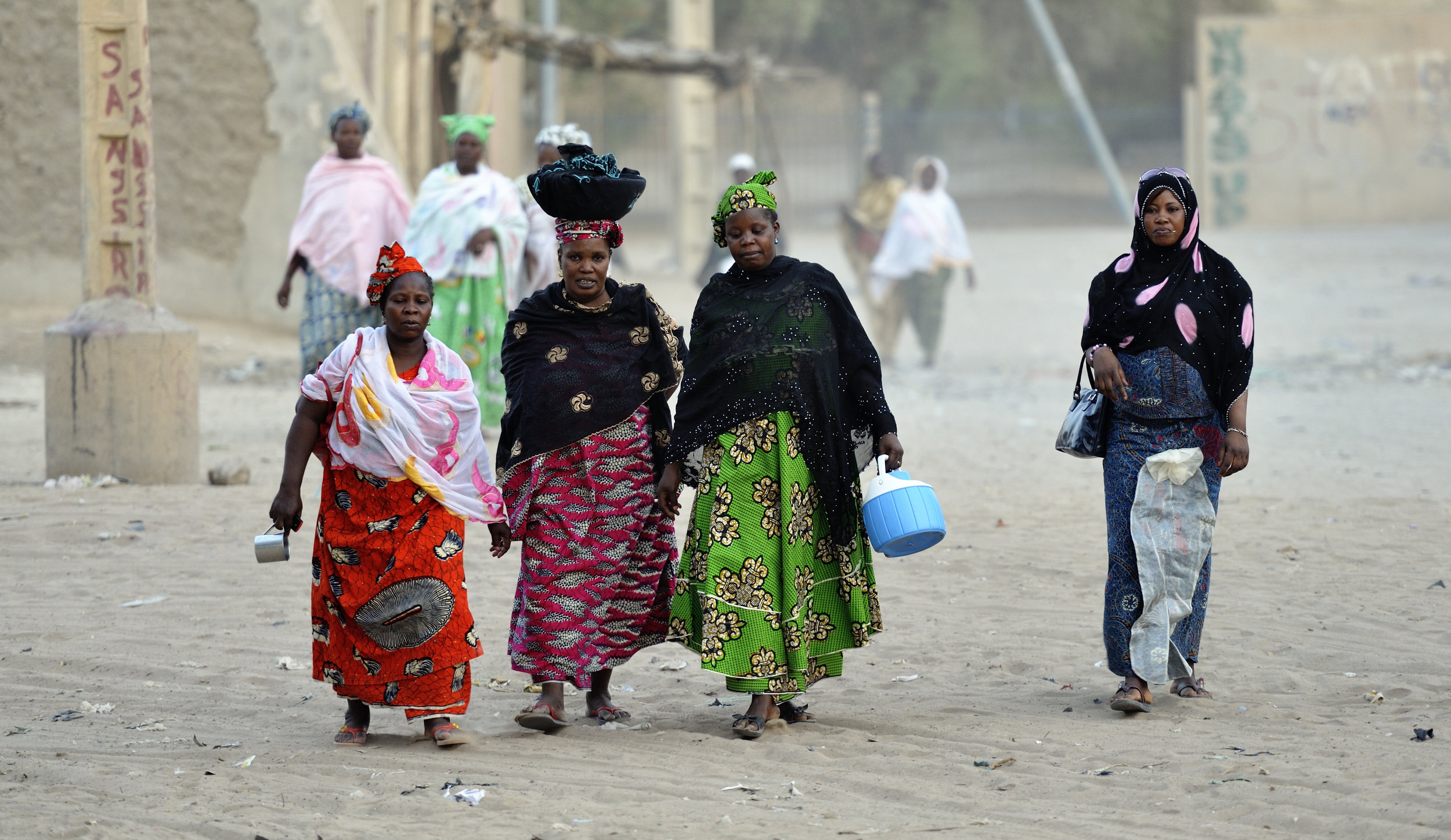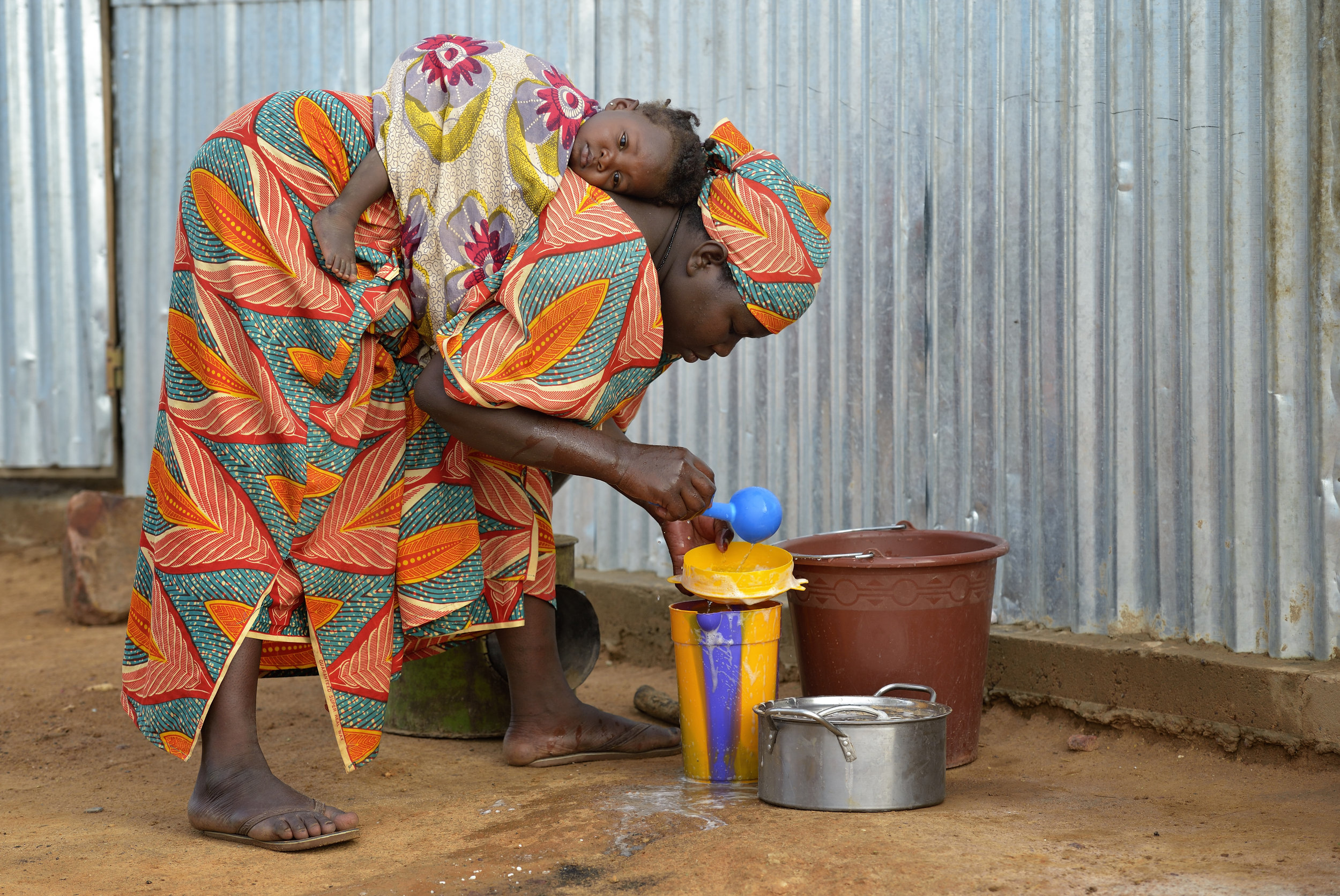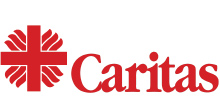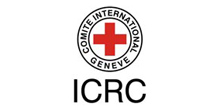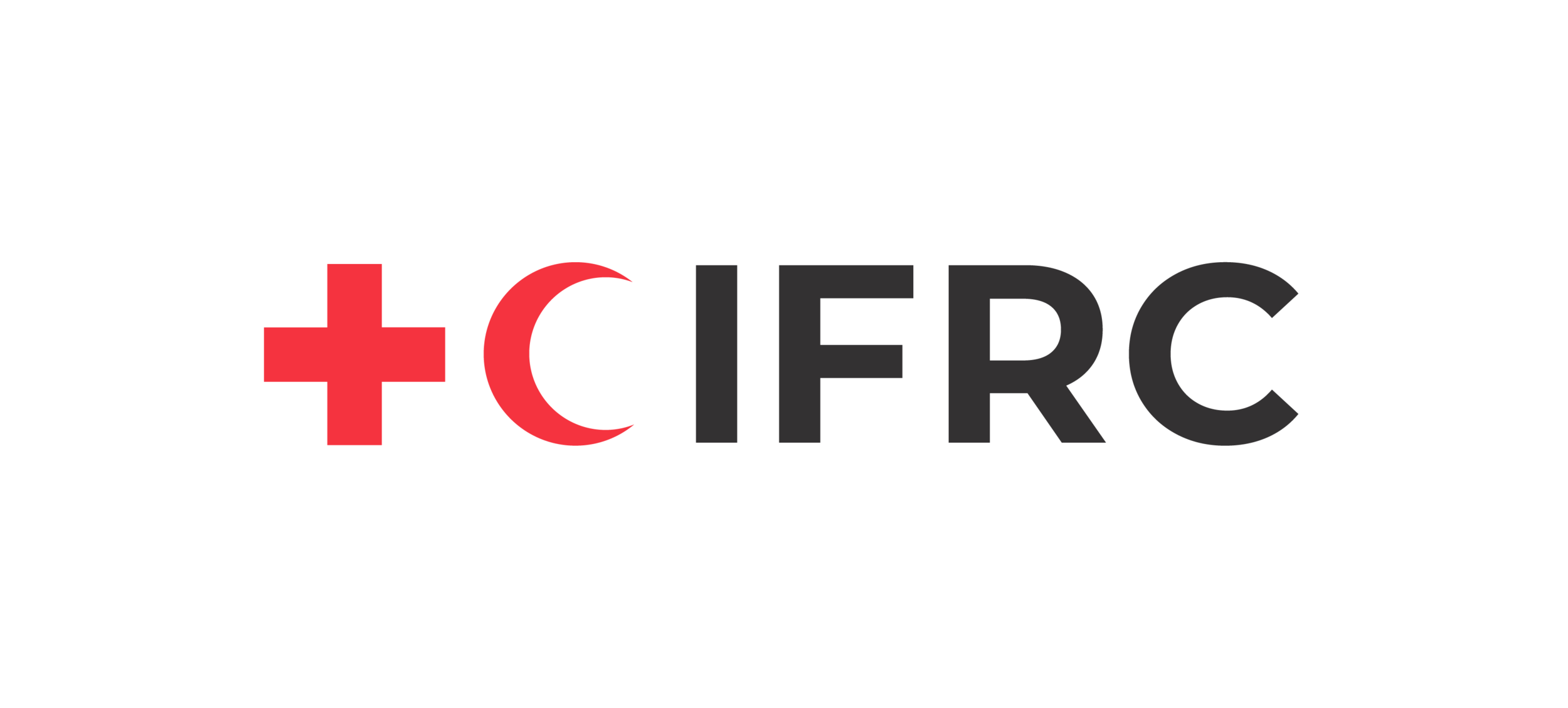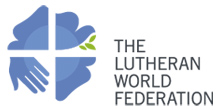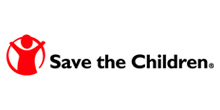SCHR & OUR WORK
Who We Are
Founded in 1972, SCHR brings together nine of the world’s leading humanitarian organisations to share analysis and learning, and promote greater accountability and impact of humanitarian actions. SCHR currently has nine members:
VISION & MISSION
We aspire to, and will actively promote, a world in which local communities, civil society, governments and regional institutions can respond effectively to humanitarian emergencies, based on universally accepted humanitarian principles. As leading international humanitarian organisations, we put disaster-affected people at the centre of our responses. Our imperative is to save lives, reduce human suffering and preserve human dignity.
HISTORY
The 70’s and 80’s: focus on disaster response
The Steering Committee for Humanitarian Response (originally named the Licross Volags Steering Committee for Disasters) was founded in 1972 by Oxfam UK and Ireland, the League of Red Cross and Red Crescent Societies, the World Council of Churches, the Lutheran World Federation and Catholic Relief Services. The primary reason for the establishment of this informal group was to find ways to improve coordination at the international level.
The Committee, which consisted of the chief executives of the member organisations, aimed to share information about disaster situations and develop studies on issues of concern related to disaster preparedness andrelief. In particular, it sponsored a rapid exchange information system between its members and the Office of the United Nations Disaster Relief Coordinator (UNDRO) during disasters.
Spearheading accountability in humanitarian action and promoting good practices
SCHR was the original sponsor of the “Code of Conduct for the International Red Cross and Red Crescent Movement and NGOs in Disaster Relief” (1998) which sets ethical standards for organisations involved in humanitarian work. SCHR and InterAction launched the Sphere project in 1997 to set minimum standards in core areas of humanitarian assistance.
SCHR members then carried out two peer reviews to see how organisations were implementing their commitments and to learn from one another. The first peer review (2003-2007) reviewed members’ progress in addressing issues of sexual exploitation and abuse of people affected by crisis. The second (2008-2010) looked into how SCHR members dealt with the issue of accountability to affected populations.
SCHR has developed a number of positions on issues of relevance for the wider humanitarian community such as breaches in humanitarian principles (1999), the implementation of the Brahimi report (2000), small arms (2001), humanitarian-military relations (2001, 2004 and 2010) and integrated missions (2004, together with ICVA).
SCHR actively engaged in the 2005 UN-initiated Humanitarian Reform as a standing invitee at the Inter-Agency Steering Committee (IASC). More recently, SCHR has been supporting the IASC's Transformative Agenda's expected outcomes.
CURRENTLY
In line with SCHR members' commitments to humanitarian principles and their belief in the need to be explicit about what constitutes principled humanitarian action, SCHR has been working on designing and testing an approach to define and measure the application of humanitarian principles, with a focus on the principle of impartiality. This work has also fed into the development of the Core Humanitarian Standard on Quality and Accountability (CHS) which specifies what people affected by crisis can expect from good humanitarian action and what this entails for the organisations and their staff involved in the response.
Driven by SCHR’s vision of a future in which affected populations will participate in shaping the kind of assistance they receive and their relationship with aid providers, SCHR’s work includes promoting the application of the CHS as well as the development of an independant organisation to deliver verification and certification services to NGOs who are interested in an objective assessment of their progress in implementing the CHS and / or an independant assurance of compliance with the standard, delivered in line with internationally recognised norms for certification.
In parallel, SCHR Principals are developing new ways of working together to use more of their collective convening power to influence positive change in this period of significant transformation of humanitarian action.
HOW SCHR FUNCTIONS
SCHR has a small secretariat, managed by the Executive Secretary, which is based in Geneva. The main body driving discussions are the SCHR Principals – the CEOs of each member organisation – who meet once year face to face and have quarterly telephone conferences. The Chair and Vice-Chair are appointed on a rotating basis for two-year periods.
To support the Principals, a Working Group – comprised of the members’ Humanitarian Directors – provides advice and expertise on operational and policy issues. The Working Group meets two or three times a year.
SCHR Principals:
- Yves Daccord, International Committee of the Red Cross (ICRC), current Chair of SCHR
- John Nduna, ACT Alliance, current Vice-Chair of SCHR
- Wolfgang Jamann, CARE International
- Michel Roy, Caritas Internationalis
- Elhadj As Sy, International Federation of Red Cross and Red Crescent Societies (IFRC)
- Maria Immonen, Lutheran World Federation (LWF)
- Mark Goldring, Oxfam GB
- Helle Thorning-Schmidt, Save the Children International
- Kevin Jenkins, World Vision International
SCHR Working Group members:
- Nick Clarke, ACT Alliance
- Philippe Guiton, CARE International
- Suzanna Tkalec, Caritas Internationalis
- Clare Dalton, International Committee of the Red Cross (ICRC)
- David Fisher, International Federation of Red Cross and Red Crescent Societies (IFRC)
- Roland Schlott, Lutheran World Federation (LWF)
- Nigel Timmins, Oxfam International
- Daniele Timarco, Save the Children International
- Isabel Gomes, World Vision International
SCHR'S WORK
As a voluntary alliance, SCHR members maintain their independence and autonomy, but come together with a commitment to leverage each members’ knowledge, experience and network to find solutions to the issues and challenges facing the humanitarian sector. SCHR works in three main areas:
STRATEGIC COORDINATION AND OPERATIONAL COOPERATION
SCHR members share information on humanitarian crises and risks with a view to identifying and addressing gaps in the response, to support effective coordination of aid efforts and bring issues such as protection of civilians or security of aid workers to the attention of relevant stakeholders.
EFFECTIVE HUMANITARIAN ACTION
SCHR supports quality and accountability of humanitarian action and promotes humanitarian principles. SCHR members are committed to learning and improving their own work, as well as promoting learning in the wider humanitarian community.
POLICY DEVELOPMENT
SCHR contributes to shaping humanitarian policy, so that humanitarian action remains relevant in a changing world.

